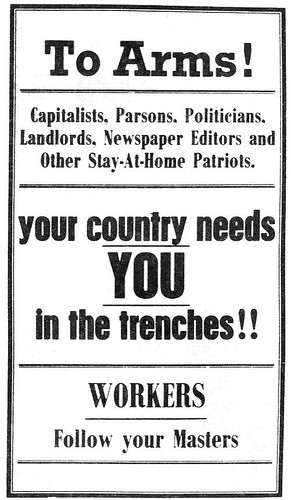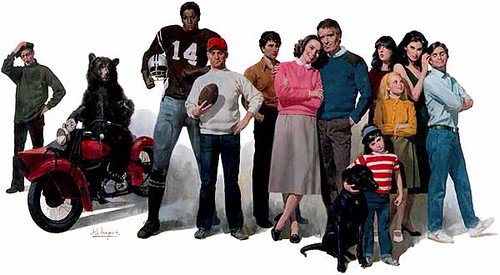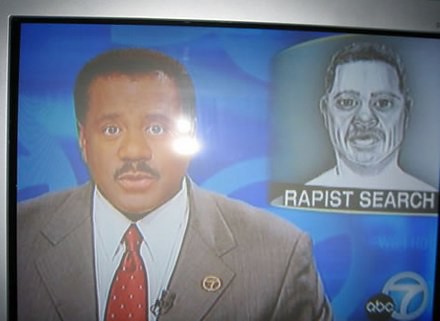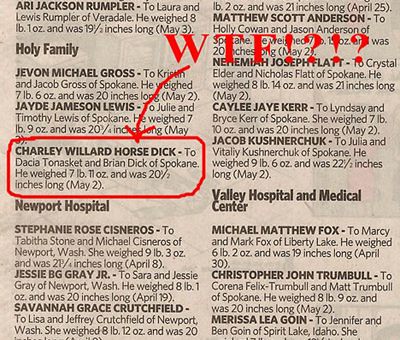One Great Union, One Great Strike!

More from the News that Pisses me off Category:
Senate GOP blocks union-organizing bill
The measure would have made it easier to gain a foothold at nonunion businesses. Democratic sponsors were unable to bring it to a vote.
By Joel Havemann, Times Staff Writer
1:22 PM PDT, June 26, 2007
Senate Republicans today blocked organized labor's top legislative priority this year: a bill designed to make it easier for unions to organize workers at nonunion workplaces.
No issue splits the national parties more starkly than organized labor, and today's vote was no exception. All 50 Democrats stood behind labor, and among the 49 Republicans, only Arlen Specter of Pennsylvania broke ranks.
The resulting tally, 51 to 48, left the Democratic majority nine votes short of the 60 it needed to cut off debate in the Senate and bring a bill to a vote.
The House passed the bill, 241 to 185, on March 1. That was 43 votes fewer than the two-thirds necessary to override the veto that could have been expected from President Bush.
The bill would have required employers to recognize unions if more than half of eligible workers signed union cards. Under a 60-year-old law, employers who are presented with union cards from a majority of their employees may demand an election by secret ballot, which is designed to prevent coercion of workers by unions.
Senate Minority Leader Mitch McConnell (R-Ky.) said there was good reason for this safeguard.
"The secret ballot has been standard everywhere else in this country for more than a century," he said. "It simply hasn't been questioned. Americans have come to assume that in everything from electing their high school yearbook editor to their president, their vote is sacred and it is secret.
"That is, until now."
He said the bill that the Senate derailed today was written to help not workers but union bosses, who have watched helplessly as union membership in the United States has plunged, according to the Census Bureau, from 23% of the work force in 1983 to less than 14% in 2005.
Under the Democrat-sponsored bill, McConnell said, workers would be exposed to "coercion and intimidation by employers and union bosses alike."
Sen. Edward M. Kennedy (D-Mass.), a sponsor of the bill, argued that a rise in incomes of the rich -- and a concurrent decline in incomes of the poor -- coincided with a decline in union membership.
Thanks to unions' loss of bargaining power, he said, young men are now for the first time in American history earning less than their fathers did at the same age.
Giving unions the authority to organize workers on the strength of cards signed by workers, Kennedy said, would merely level a playing field that has been tilted by union organizers' lack of access to workers at the same time that "the employer has access to these individuals all day long."
Teach your children this song:
I dreamed I saw Joe Hill last night,
Alive as you and me.
Says I "But Joe, you're ten years dead"
"I never died" said he,
"I never died" said he.
"In Salt Lake, Joe," says I to him,
him standing by my bed,
"They framed you on a murder charge,"
Says Joe, "But I ain't dead,"
Says Joe, "But I ain't dead."
"The Copper Bosses killed you Joe,
they shot you Joe" says I.
"Takes more than guns to kill a man"
Says Joe "I didn't die"
Says Joe "I didn't die"
And standing there as big as life
and smiling with his eyes.
Says Joe "What they can never kill
went on to organize,
went on to organize"
From San Diego up to Maine,
in every mine and mill,
where working-men defend their rights,
it's there you find Joe Hill,
it's there you find Joe Hill!
I dreamed I saw Joe Hill last night,
alive as you and me.
Says I "But Joe, you're ten years dead"
"I never died" said he,
"I never died" said he.
Now News that makes me Happy:
Lugar Urges Quick Shift in Iraq War Strategy
By JEFF ZELENY
Published: June 26, 2007
WASHINGTON, June 25 — After offering a bleak assessment of the Bush administration’s strategy in Iraq, Senator Richard G. Lugar of Indiana, the ranking Republican on the Foreign Relations Committee, said today that he was urging lawmakers and President Bush to change course quickly to protect a further erosion of America’s standing in the world.
“We’re heading into a very partisan era,” Mr. Lugar said in an interview today, following a speech he delivered on the Senate floor on Monday night in which he called on the administration to rethink its Iraq strategy. “The president has the opportunity now to bring about a bipartisan foreign policy. I don’t think he’ll have that option very long.”
For months, Mr. Lugar has kept his skepticism about the president’s Iraq policy to himself, seldom offering anything beyond a wait-and-see reply. But three weeks ago, Mr. Lugar said, he privately concluded that the troop buildup plan was not achieving its goals and he began preparing remarks he delivered Monday evening.
“In my judgment, the costs and risks of continuing down the current path outweigh the potential benefits that might be achieved,” Mr. Lugar said on the Senate floor. “Persisting indefinitely with the surge strategy will delay policy adjustments that have a better chance of protecting our vital interests over the long term.”
Mr. Lugar is among the highest-ranking Republican in Congress to call for a troop drawdown in Iraq, a position that Senator George Voinovich, an Ohio Republican, quickly echoed today in a letter to the president. While the White House moved to play down the criticism, the comments from the two Midwestern senators reverberated across Capitol Hill today, where other Republicans said their patience also was expiring.
“I think September is absolutely the endpoint of decision, whether individuals will come to a conclusion before that, I think is likely,” said Senator Richard Burr, Republican of North Carolina. “What you’re beginning to see is a natural process of people evaluating the events on the ground in Iraq.”
White House officials attempted today to minimize the importance of Mr. Lugar’s comments, saying the senator’s opposition to the administration’s Iraq plan was nothing new. Speaking during his daily news briefing, the White House press secretary Tony Snow dismissed questions about whether the White House was concerned that Mr. Lugar’s criticism of on the Iraq war would encourage fellow Republicans to join him in his break with the president.
Still, the Bush administration is worked vigorously to limit any political damage, hastily setting up a meeting this week between Mr. Lugar and Mr. Bush’s national security adviser, Stephen J. Hadley.
But Republican officials privately conceded that should the images out of Iraq continue to be bloody in September — a likelihood — the White House would find it that much harder to maintain Republican support for the strategy, if not the war itself. They acknowledged that flagging Republican support is likely to emerge during the next debate over the war appropriations and military spending this summer.
Democrats seized upon the remarks from the Republicans, particularly those by Mr. Lugar, and said they were a sign that the tide is shifting in the protracted Iraq debate.
“I am encouraged by what he said and it just adds to the momentum for change,” said Senator Carl Levin of Michigan, chairman of the Armed Services Committee. “Hopefully, he’ll take some very specific steps to implement what his words mean. They are powerful words.”
...and thats the way is see it:
JQP














